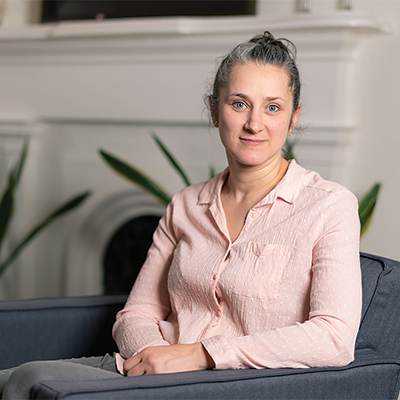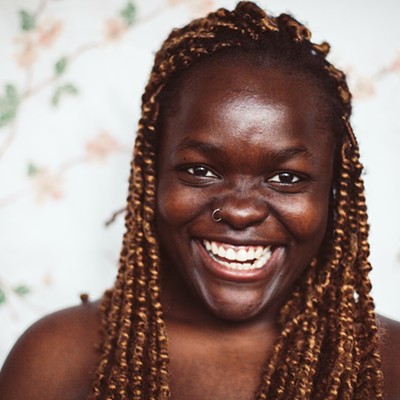Despite her 41 years as a writer, despite her seven books, despite her Giller, even, Elizabeth Hay---kicking off this years Halifax International Writers Festival---still occasionally feels a deep panic that, when she sits down at her desk, picks up her pencil and closes her eyes, the words might not come out.
I go back to the beginning each time, she says of starting a new story, and though I know that surely I must be better in some ways, I still feel completely stupid and its not a pleasant or comfortable feeling.
Hay is in the early stages, the uncertain stages, of her next novel and, as such, oscillates between hope and despair. Still, at work is where shes happiest. Four months after winning the $40,000 Scotiabank Giller Prize for her novel Late Nights on Air, her life has returned to some semblance of normality, which means quiet mornings spent writing away in her Ottawa home. And while the whirl of publicity has subsided, the glow of snaring Canadas most prestigious literary award has not.
I still sometimes catch myself replaying that evening, when Jack Rabinovitch announced the winner, she says, with a chuckle. You know, Im 56, so one could say its been a long time coming.
Though prior to the award ceremony Hay was anything but a favourite to win (having been up against heavyweights M.G. Vassanji and Michael Ondaatje), in retrospect her victory does fit in nicely with the long upward trajectory of her literary career, which arcs from her early short stories in the Malahat Review to her critically acclaimed musings on expatriate Canadian identity, Captivity Tales, published in 1993, through to her Giller-nominated debut novel, A Student of Weather, in 2000. Its a body of work that has seen her warmly welcomed into the Canadian literary establishment and feted as a media darling, with her gala appearances recorded in the Ottawa Citizen and The Globe and Mail. In her writing, Hays preoccupation has always been with how the stories of the past impinge upon the present. I have a kind of backward-looking mind, she says. For me, the present really doesnt come alive unless its connected with the past. As such, a chord of nostalgia runs through her novels: the dustbowl-era prairie setting of A Student of Weather; in her second novel, Garbo Laughs, a protagonist who lives vicariously through old movies and, in Late Nights on Air, her tender, elegiac treatments of the age of radio and the native way of life, both swiftly vanishing in Yellowknife in the 70s.
Late Nights on Air, the Giller winner, draws on Hays own sojourn in her 20s in Yellowknife, as journalist with CBC Radio, for its vivid evocations of austere northern beauty. I have carried it with me all these years, she says, and finally had enough confidence as a writer of fiction to give it a large canvas.
The book is also her most ambitious work to date, combining the politics of the Mackenzie Valley pipeline, native and explorer lore and a diverse array of protagonists.
With each book you try to challenge yourself in new ways, Hay says, and with Late Nights on Air I very much wanted to have one of the central characters be a man and to try and write from his point of view. I hadnt really done that before.
Hay is coy about what her next challenge might be. Well it might be, who knows, she teases, when asked if the novel she is working on will also be historical.
What Im trying to do is get closer to life and to write stories or books that feel just fully alive, so surely Ill have my hands full until the day I die trying to do that.
Not that she necessarily knows this far in advance. Indeed, she notes that its partly the unpredictability of the whole process that helps her overcome her moments of early anxiety.
The huge surprise and beauty of it, Hay says, is that you really dont know what the writing will produce until you do the writing and it produces it.














